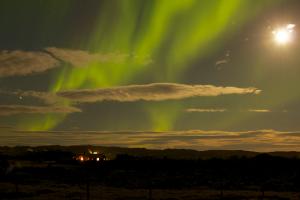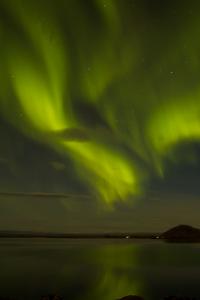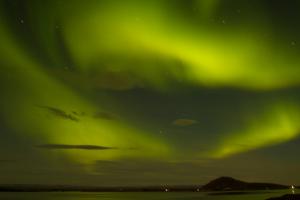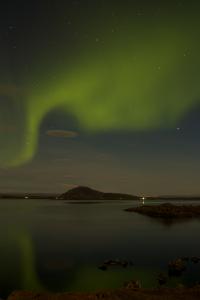Zapisał się...
Kilka dni temu dostałem jeszcze następujące info:
Hello, and welcome to Introduction to Astronomy. Our class starts in only one more week, and we are all excited here at Duke. As we count down the days to our launch, I wanted to thank you for undertaking this journey with me and share a few things.
This class is intended for students with little or no prior knowledge of astronomy, and we assume only a familiarity with high school level algebra. If you are not comfortable with algebra or it has been a while since you last did any math, you may want to consult one of the math reviews listed below. We will try to introduce all of the physics concepts we use but these introductions will be brief. Some sources for a review of physics topics are listed separately. In general, the more you know the more you will get out of this class, but if you are able to put some work in you should be able to follow the lectures, and do the homework, without much prior experience.
We will not be following a particular textbook, nor will we produce detailed notes for the class. The PowerPoint slides are written to serve as skeleton notes - equations written by hand into the slide on the video will be reproduced in the next slide so you have a record, for example - and we encourage you to produce your own more expansive notes. There are many standard textbooks in many languages that cover roughly the same material we will cover, and you are encouraged to read any of these along with our class. The online Wikibook General Astronomy covers much of the material we cover although the treatment of gravitation, for example, is not as rigorous as what we will do.
In the early weeks of our class we will make heavy use of a simulation tool called “Starry Night.” You can purchase a version of this software that turns your computer into a planetarium at starrynight.com or you can find a similar, free simulation tool at stellarium.org. These simulations are fun and can help you understand the motions of the sky as well as identify what you see in the sky.
There will be weekly homework sets, designed to help you deepen your understanding of the concepts we are covering. Your grades on these will be the basis for the final course grade; there will not be any exams in this class. Even if you are not interested in a grade, we encourage you to work on the problems. At least half the fun of science is doing it, and this is your opportunity. Collaborating with others on these problems is encouraged: that is how science is done. The weekly forums provide a way to do this. If you simply copy down answers from the forums, however, you will not achieve the kind of understanding that comes from thinking through a problem on your own before and after discussing it with others.
The forums are your way to communicate with other students about the class. Having thousands of colleagues worldwide is one of the exciting aspects of taking this new kind of online class. They are also your way to communicate with course staff. Please do not try to contact us directly. Although the opportunity to hear from over 48,000 of you the world over is one of the exciting part of the class for us, the sheer number makes direct communication impractical.
We would like to know some things about our students, so we can better adapt this class, as well as further offerings, to the audience we attract. To this end we ask that you fill out the survey at https://duke.qualtrics.com/SE/?SID=SV_eRJeXDURv5as26F. This is not required, should not take more than 5 minutes, and the information you provide will be used only in aggregate ways that do not identify you personally. In particular, your answers will have no bearing on this or any other Coursera class you might take.
Thanks again, and I really hope you enjoy this class!
ronen
Some Algebra Reviews:
http://www.maths.lse.ac.uk/Refreshers/algebra_refresher.pdf
http://go.hrw.com/resources/go_mt/alg1/alg1refresher.pdf
or, for an astronomy-motivated approach, try Chapter 1 of
http://spacemath.gsfc.nasa.gov/algebra2.html
or
http://physics.bgsu.edu/~tiede/class/bmastronomy1.2.pdf
A listing of some relevant Physics formulas is at
http://astronomyonline.org/Science/Physics.asp?Cate=Science&SubCate=MP04






